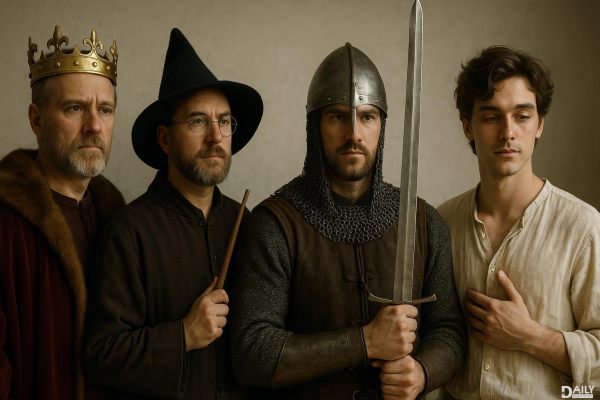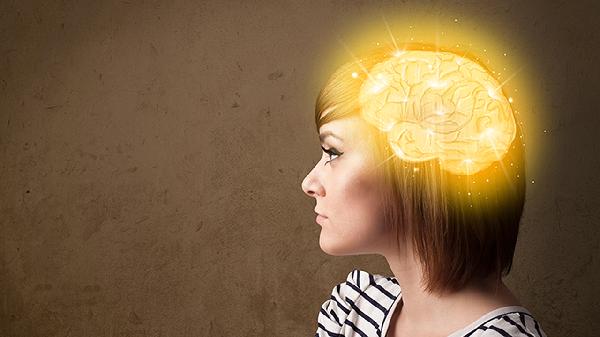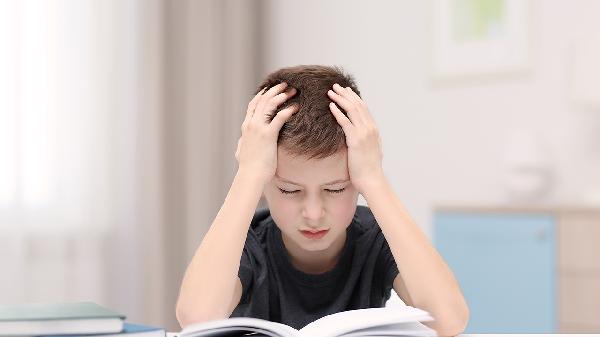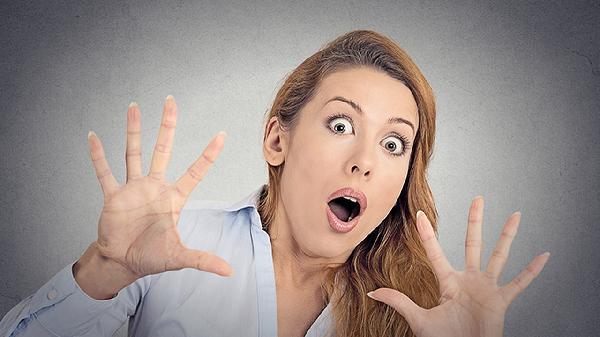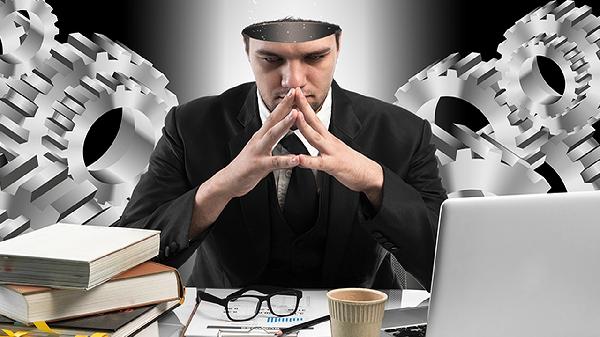If motherhood disappeared tomorrow, humanity would be in serious trouble—and not just because we’d all be out of someone to call when we can’t find our socks. Mothers, or the concept of mothering, have been the backbone of human survival, emotional development, and cultural continuity since, well, forever. But what if that role vanished? Would society collapse, or would we adapt in unexpected ways?
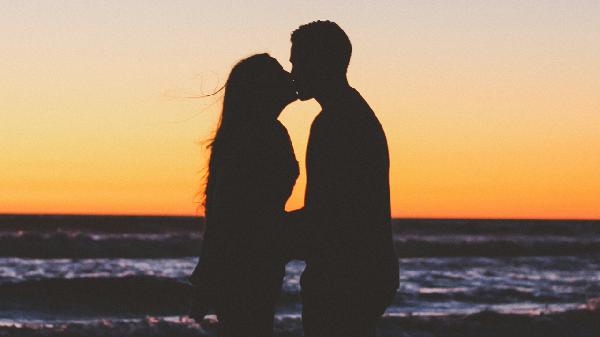
The Biological Backbone of Humanity
First, let’s get real: without mothers, reproduction as we know it would be a no-go. Sure, science has made strides with artificial wombs and IVF, but even then, someone—or something—has to nurture and raise the next generation. Historically, mothers (and mother figures) have been the primary caregivers, shaping everything from early brain development to emotional resilience. Without that foundational bond, we’d likely see a surge in developmental issues, attachment disorders, and a whole lot of confused toddlers.
Who Steps Up? The Rise of Alternative Caregiving
If traditional mothering disappeared, society would have to get creative—fast. Maybe communal parenting would become the norm, with villages (or high-tech daycare centers) raising kids collectively. Robots and AI could take over some caregiving tasks, but let’s be honest: no algorithm can replace the warmth of a hug or the exasperated-but-loving sigh when you spill juice on the carpet for the third time.
We might also see a shift in gender roles, with fathers, grandparents, or even close-knit friend networks stepping into nurturing roles. But would that be enough? Studies show that maternal care has unique biological and psychological impacts—so while others could fill the gap, it wouldn’t be a perfect substitute.
The Emotional Fallout: A World Without Mom’s Love
Beyond survival, mothering provides emotional scaffolding. The absence of that unconditional love and guidance could lead to a lonelier, more detached society. Imagine a world where no one fusses over scraped knees, packs an extra snack just in case, or stays up late worrying about you. Mental health could take a nosedive, with higher rates of anxiety, depression, and social disconnection.
Cultural Shifts: Reinventing Family Structures
Without mothers, the very idea of “family” would transform. Maybe we’d see more chosen families, where bonds aren’t tied to biology but to deep emotional connections. Or perhaps governments would take a heavier hand in child-rearing, raising kids in state-run facilities—though that dystopian scenario sounds like something out of a sci-fi nightmare.
One thing’s for sure: traditions, rituals, and even language would change. No more Mother’s Day brunches, no lullabies passed down through generations, and no one to guilt-trip you into wearing a jacket when it’s “a little chilly” outside.
Could Humanity Survive?
Technically, yes—but it wouldn’t be pretty. We’re adaptable creatures, and given enough time, we’d probably find new ways to raise kids and maintain social bonds. But the transition would be messy, emotionally fraught, and full of unforeseen consequences.
At the end of the day, motherhood isn’t just about biology—it’s about love, sacrifice, and the invisible threads that hold society together. So while we might survive without it, we definitely wouldn’t thrive. Now, go call your mom and thank her. She’s probably wondering why you haven’t yet.
